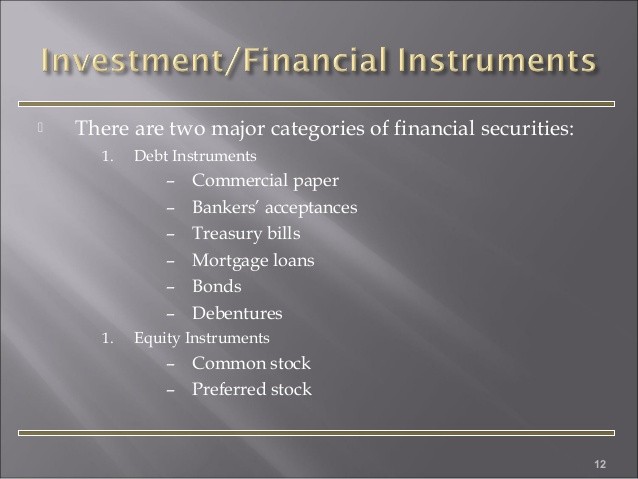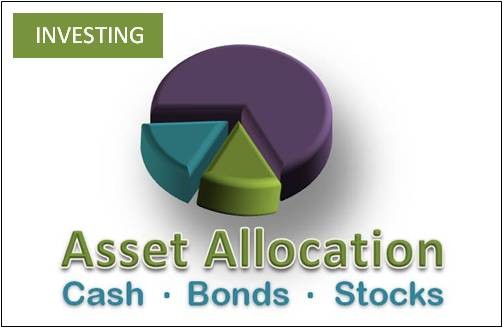Introduction to stocks and bonds
Post on: 15 Июнь, 2015 No Comment

Stocks offer an ownership stake in the company and bonds are similar to loans made to the company The Indian market is flooded with sales of stocks and bonds. Shares and bonds are two important tools of investment that form the portfolio of any investor at any given point of time
Stocks offer an ownership stake in the company and bonds are similar to loans made to the company
The Indian market is flooded with sales of stocks and bonds. Shares and bonds are two important tools of investment that form the portfolio of any investor at any given point of time. Stocks and bonds are financial instruments for investors to obtain a return and for companies to raise capital. In simple terms, stocks offer an ownership stake in the company and bonds are similar to loans made to the company.
A bond is a form of loan or IOU (I owe you). The holder of the bond is the lender (creditor), the issuer of the bond is the borrower (debtor), and the coupon is the interest. Bonds provide the borrower with external funds to finance long-term investments, or, in the case of government bonds, to finance current expenditure.
Thus, bond is an instrument of indebtedness of the bond issuer to the holders. It is a debt security, under which the issuer owes the holders a debt and, depending on the terms of the bond, is obliged to pay them interest (the coupon) and/or to repay the principal at a later date, termed the maturity. Interest is usually payable at fixed intervals (semiannual, annual, sometimes monthly). Very often the bond is negotiable, i.e. the ownership of the instrument can be transferred in the secondary market.

Companies usually divide their capital into small parts of equal value. This smallest part is known as a share. Companies usually issue shares in the public to raise capital. People who buy or are allotted shares are called shareholders.
Stocks of a company are offered at the time of an IPO (initial public offering) or later as equity shares. The company offers investors an ownership stake by selling stocks. Investment in equity shares is rather riskier compared to investments made in bonds. The value of stocks corresponds to the value of the company and therefore, stock price fluctuates depending upon how the market values the company.
In contrast, bonds are loans offered at a fixed interest rate. When a company believes that it can raise capital cheaper by borrowing money from banks, institutional investors or individuals, they may choose to offer interest-paying corporate bonds. With bonds, an investor is promised a fixed return. While bonds are relatively “safer” than stocks because of lower volatility, it should be noted that there is always a chance that company will be unable to repay bondholders. In that sense, bonds are not “risk-free”.
However, when a company declares bankruptcy, stockholders are the first to bear losses. Creditors (including bond-holders) are next.














